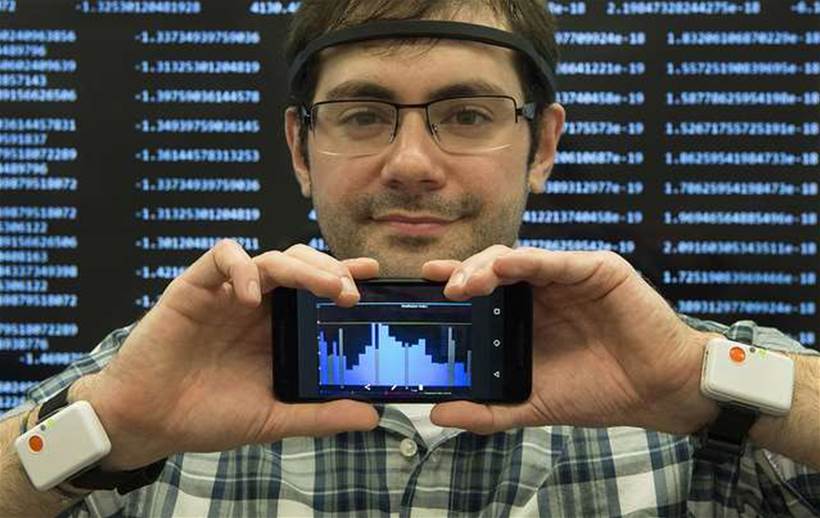IBM and pharmaceutical giant Pfizer have announced a collaborative research initiative to develop remote monitoring solutions for sufferers of Parkinson’s disease.
Using technologies such as sensor-equipped wearables, mobile devices and machine learning, the goal is to provide real-time, 24/7 disease symptom information to clinicians and researchers.
The two companies hope to obtain a better understanding of a patient’s disease progression and medication response, thereby giving direction for treatment decisions and clinical trial design.
Various health indicators will be measured and monitored, including motor function, dyskinesia (abnormal or impaired voluntary movements), cognition, sleep patterns and daily activities such as grooming, dressing and eating.
Data collected through the system is also hoped to provide the insight and real-world evidence required to accelerate new and better therapies.
The two companies will convene an external advisory board of patient groups, advocacy organisations, clinicians and neuroscientists to guide their efforts on the use of technology, medical devices, data management and research protocols, with the system expected to quickly move into initial clinical testing.
“We have an opportunity to potentially redefine how we think about patient outcomes and 24/7 monitoring, by combining Pfizer’s scientific, medical and regulatory expertise with IBM’s ability to integrate and interpret complex data in innovative ways," Pfizer worldwide R&D president Dr Mikael Dolsten said.
“We are testing ways to create a system that passively collects data with little to no burden on the patient, and to provide doctors and researchers with objective, real-time insights that we believe could fundamentally change the way patients are monitored and treated," IBM’s senior vice president and director of research Arvind Krishna added.







